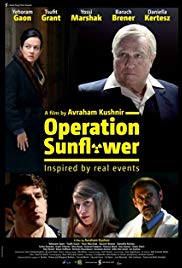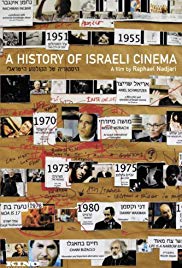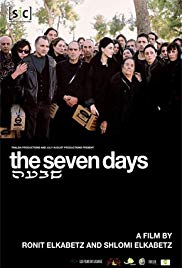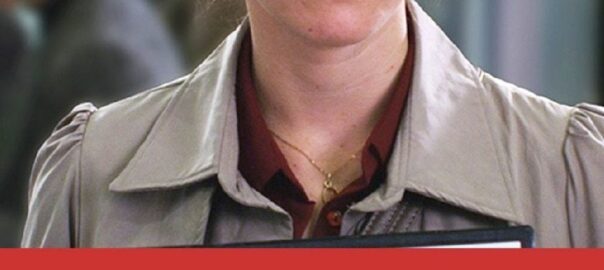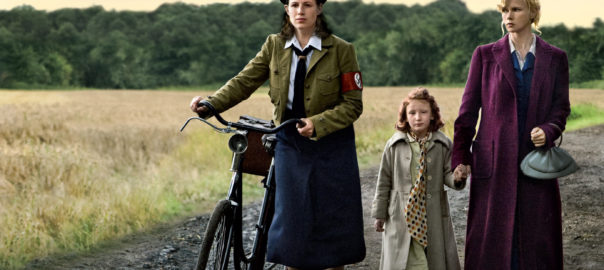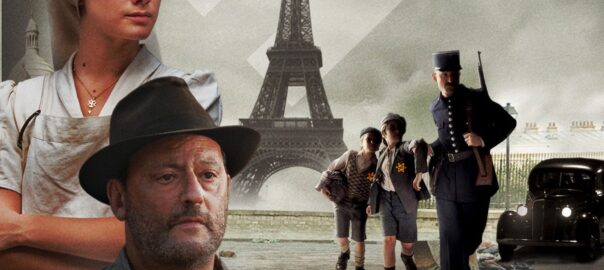The 1960s. The Iranians are bringing missiles out of their bunkers and within an hour and a half they will be just a “push of the button” away from launching them at Israel. Racing against time, the head of the Mossad and a key scientist have been recruited to develop the nuclear option for Israel. There is no connection between events in the film and real events.
A History of Israeli Cinema tells the story of the building of a gaze on a society torn by ethnics, religious, and political conflicts. It attempts to understand, to denounce or to explore these complex subjects, always searching for the right ethic, the right form: to explore or transform its own definition and its place in the world. A History of Israeli Cinema is the result of years of research, studies, documentation, screening, interviews, some recorded, some to learn, to understand, to unfold. Actors, thinkers, producers, filmmakers, professors, critics negotiated to build a narrative that remains fragile and incomplete. It is the process rather than the result that is shared here. The first episode (1933 – 1978) starts with the Zionist movement and ends with the first re-visitation of that history. The second episode (1978 – 2005) starts at the beginning of the political wave until the more recent personal cinema. However chronological, both episodes cover most of the genres, themes and periods of Israeli cinema—from the beginning of the Zionist Movement to the most personal stories—from commercial to politically engaged directors, from the local to the universal.
Watch Part 1 here.
It is 1991 in the midst of the first Gulf War and Israel is under daily missile attacks. But in the Ohayon family, tragedy has hit in more mundane circumstances as beloved Maurice, one of nine brothers and sisters, has suddenly died. The family gathers for the traditional seven days of mourning (shiva) in which they are not allowed to leave the house. The intensity of this situation is a catalyst for more than just emotional support and communal grief. Jealousy, gossip, long term rivalry and financial problems come to the fore, as each of the siblings is faced with their frustrated ambitions.
The true story of an Argentine family who lived with Josef Mengele without knowing his true identity, and of a girl who fell in love with one of the biggest criminals of all time.
The film is semi-biographical, documenting the life of a young woman who uses sex as a weapon to influence right-wing individuals and conservative Muslims. Baya Benmahmoud, a scatter-brained, free-spirited, young left-wing activist, sleeps with her political opposites in order to manipulate them to her cause, until she finds her match in Arthur Martin.
Four modern stories of remarkable courage while setting out to uncover the forgotten life of Raphael Lemkin, the man who coined the term ‘genocide’. Inspired by Samantha Power’s Pulitzer Prize-winning book, ‘A Problem From Hell’, ‘Watchers of the Sky’ traverses time and continents to explore genocide and the cycle of violence.
Two strangers unexpectedly meet at an airport. He mistakenly assumes her to be his assigned driver. She, enchanted by the random encounter, does not hurry to prove him wrong.
Saviors in the Night (Unter Bauern) is based on the memories of Marga Spiegel. In her narrative, published in 1965, she describes how courageous farmers in southern Munsterland, Germany hid her, her husband Siegfried, and their little daughter Karin from 1943 until 1945, saving them from deportation to the extermination camps in the East.
Without reservation, these farmers offer the refugees their protection. That this turns them into heroes would never occur to them. They are used to weathering even dangerous situations somehow, guided only by their instinct and century-old code of ethics. They risk their own lives, and, if necessary, even that of their families. And this is their story.
The film tells this story of survival with a sense for the absurd in daily life and not without the typical Westphalian humor.
In picturesque Montmarte, three children wearing a yellow star play in the streets, oblivious to the darkness spreading over Nazi-occupied France. Their parents do not seem too concerned either, somehow putting their trust in the Vichy Government. But beyond this view, storm clouds are gathering. Hitler demands that the French government round up its Jews and put them on trains for the extermination camps in the East. And sooon the collaborators start to put the plan into effect, and within a short time, thirteen thousand of Parisian Jews—among them four thousand children—will be rounded up and sent on a road with no return. As the Nazis feed the children deceptions, two brave children and a nurse struggle to uncover the truth and escape from the terror.
